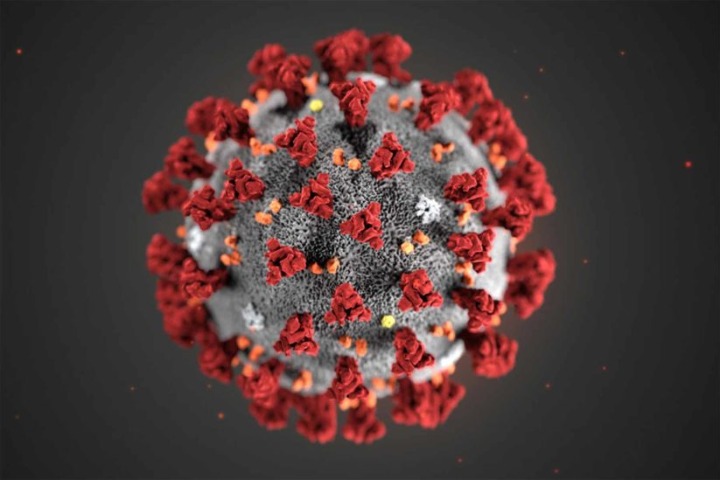Australian study shows children develop COVID-19 immune responses without testing positive
Xinhua | Updated: 2020-11-19 10:54

SYDNEY - Children could mount a COVID-19 immune response to fight off infection after being exposed to the virus through infected parents, a new Australian case study has found.
The research, led by the Murdoch Children's Research Institute (MCRI), revealed that despite close contact with symptomatic infected parents, all three primary school-aged kids in a Melbourne family developed mild or no symptoms and repeatedly tested negative for COVID-19 using the polymerase chain reaction (PCR) test.
After a series of immunological investigations on the family, researchers found SARS-CoV-2 specific antibodies in the saliva of all family members and in detailed serology testing.
Meanwhile, all three children had an active cellular immune response, suggestive of activation of a viral infection. The research paper has been published in Nature Communications.
"I think this is important because it's the first detailed description of the immune response of children who have been exposed to the virus in their household that have tested negative to the virus," Joint first author Melanie Neeland from MCRI told Xinhua on Wednesday.
"The results suggested they were infected. However, they mounted an immune response that was so quick and effective, that it stopped the replication of the virus, to an extent that it couldn't be detected on the diagnostic test."
She said the study also revealed immunological differences between adults and children, which may explain differences in the infection, transmission and disease severity that were seen in related to COVID-19 in these age groups.
In the future, the team plans to conduct a wider research involving hundreds of children to gather more detailed information about their immune responses and how they may potentially respond to a vaccination.
























